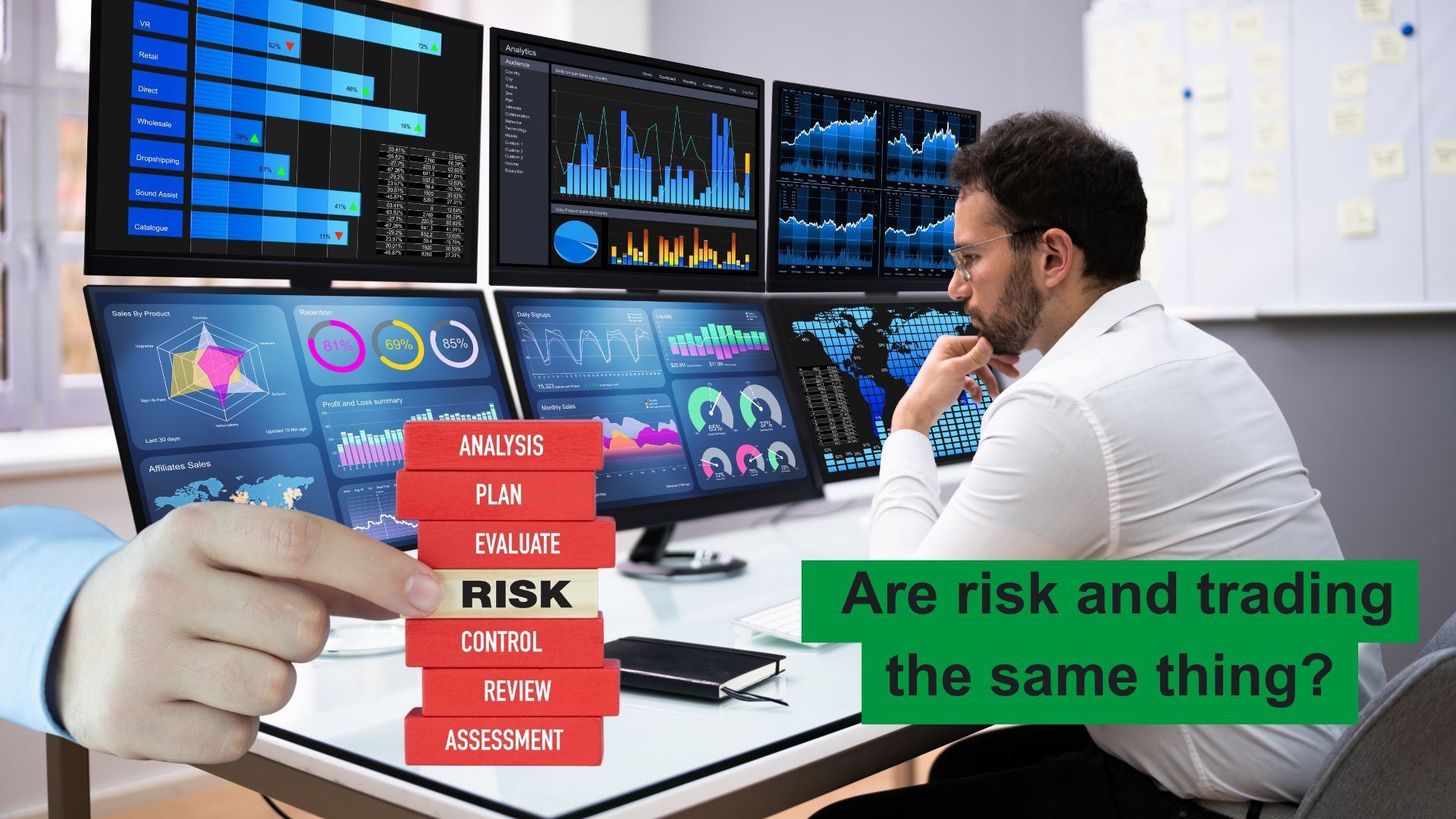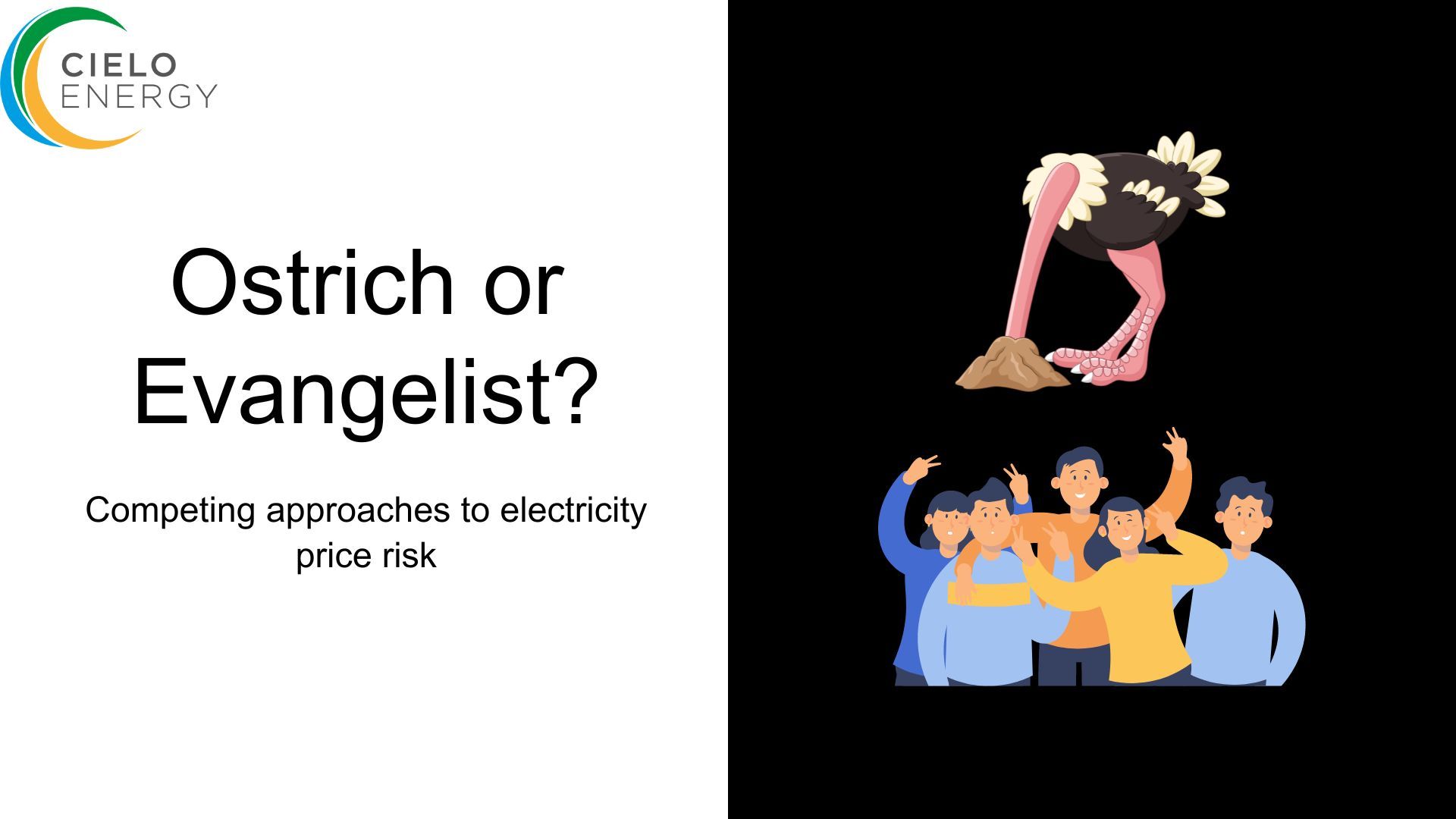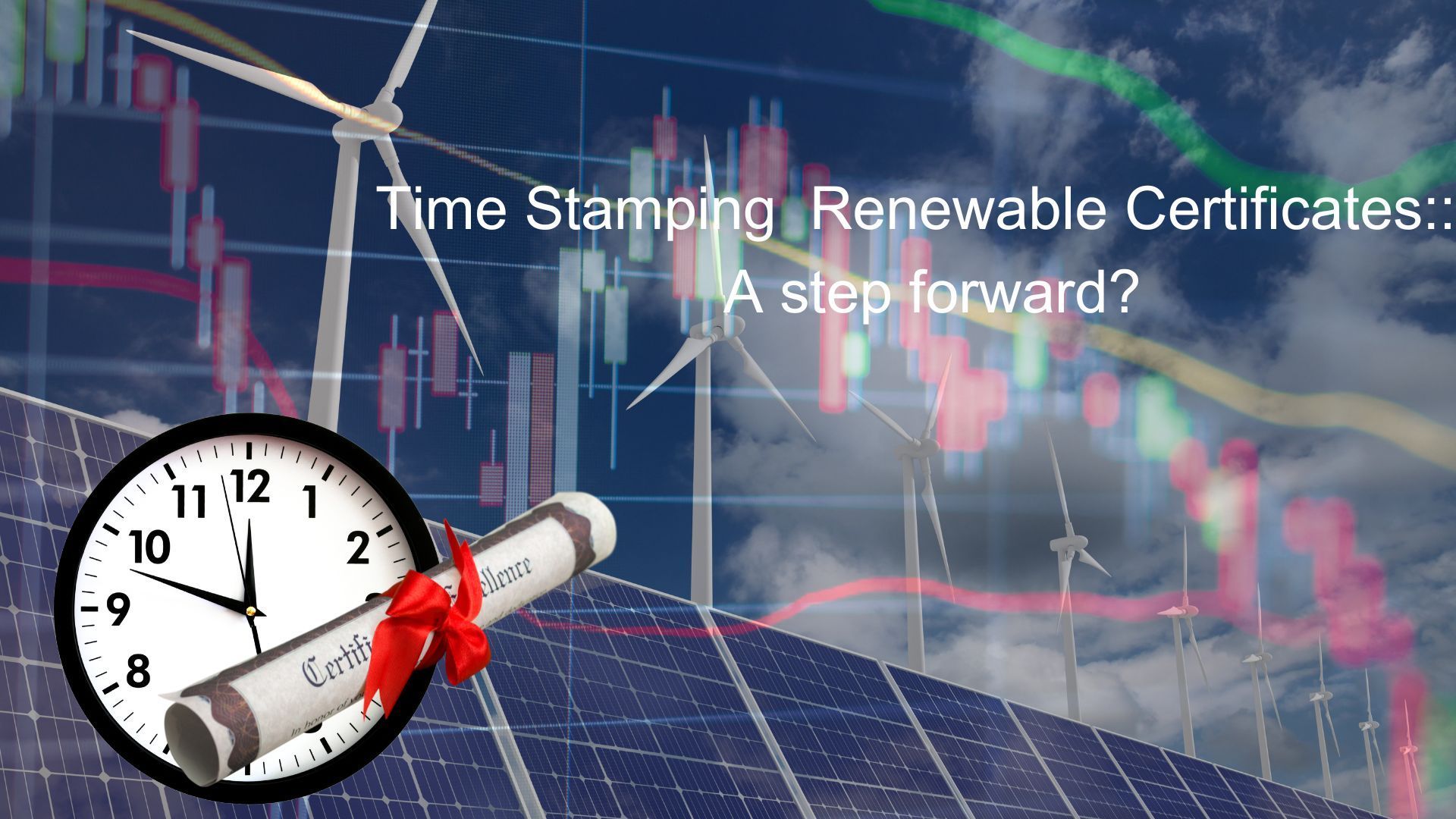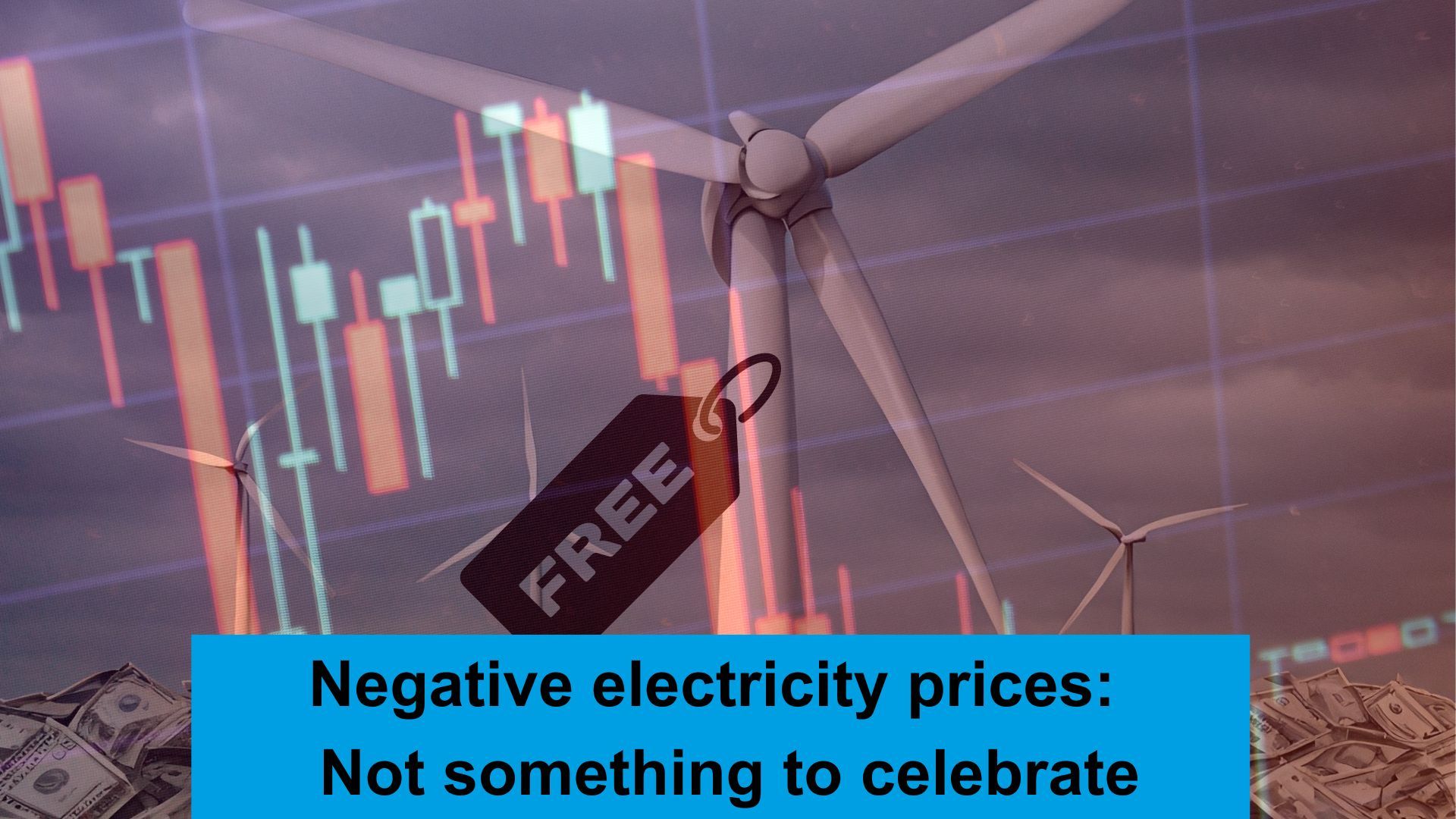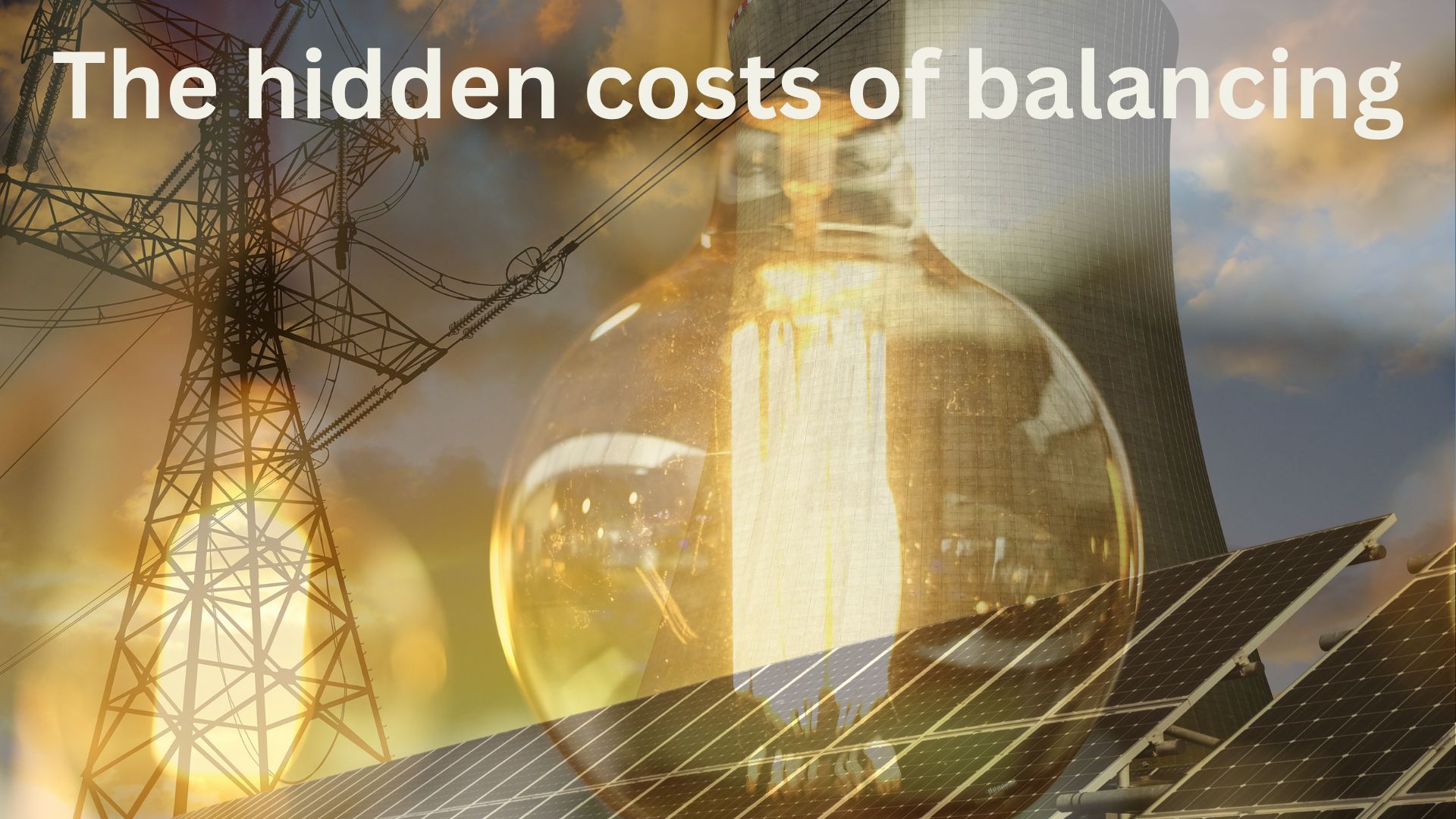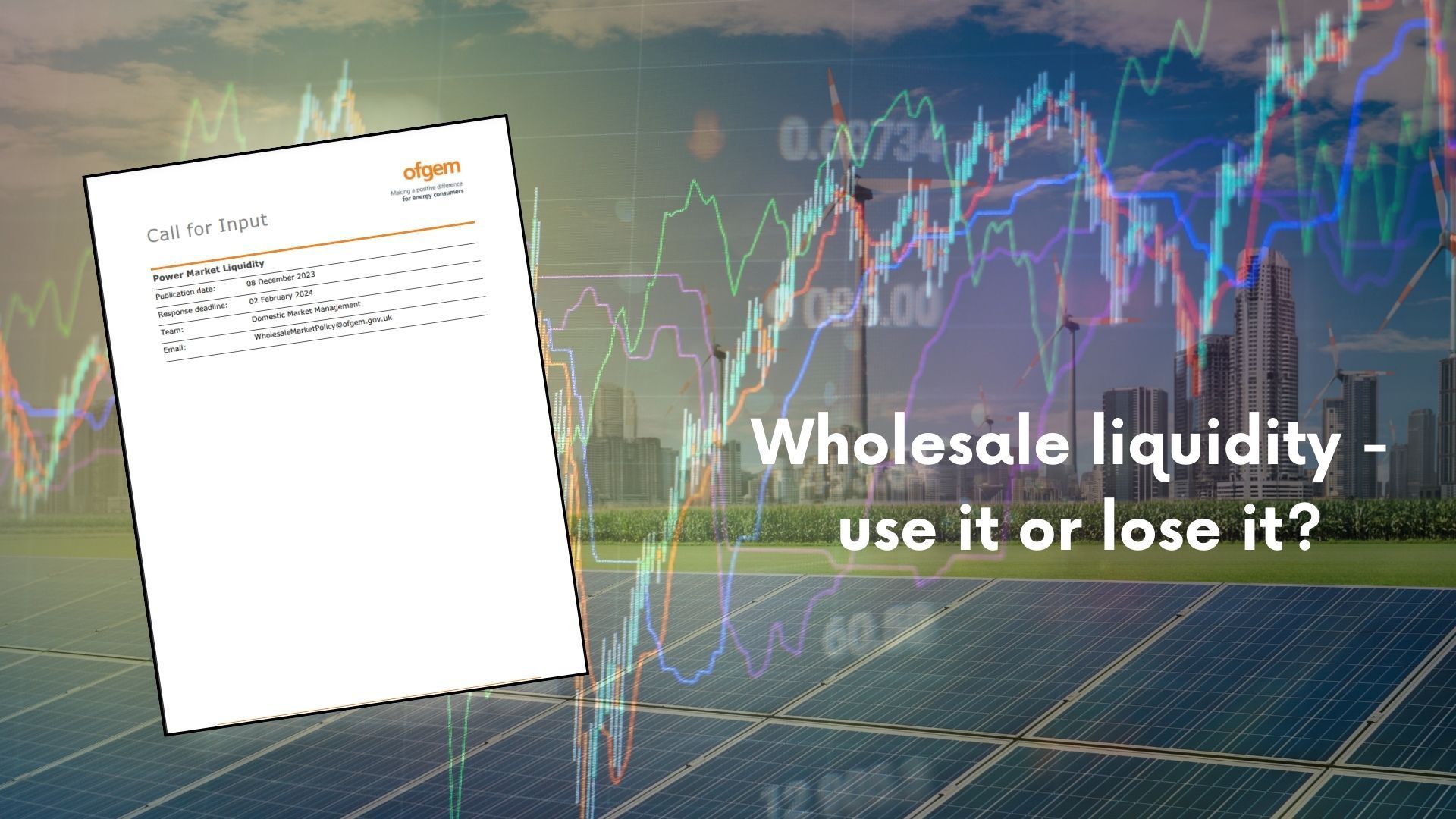Why is electricity the price it is?
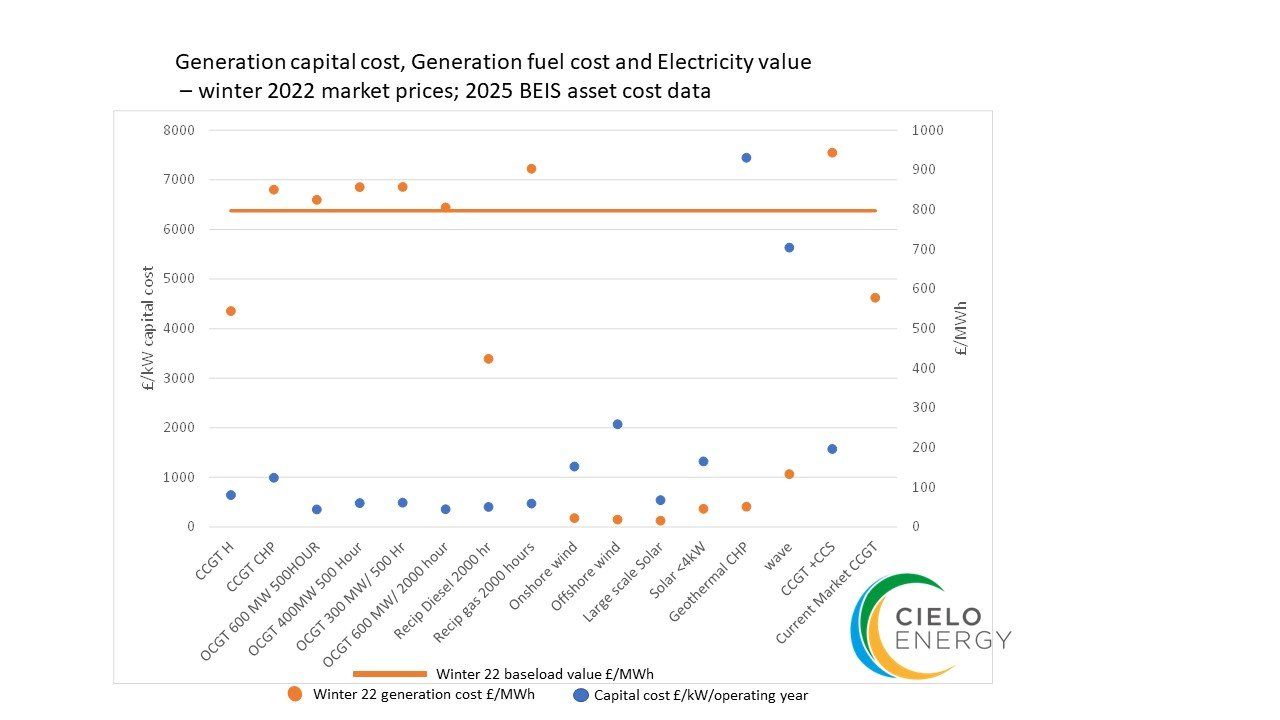
It’s an abstract question, with the flippant answer being somewhere between – what it costs to produce and whatever somebody is willing to pay for it.
However with such diverse sources of generation, with differing cost structures, the production costs vary significantly. This leads in part to the current discussions within REMA centred on splitting the market into broadly high capital/ negligible variable cost renewables in one pot and lower capital / significant variable fuel cost in another – lets leave that for another day.
The above shows the cost (capital and variable) of different generation types, interpreted from the 2020 BEIS Cost of Generation report for 2025 vintage generation, using current costs costs for carbon, gas, diesel and electricity.
What does it show:
The capital costs in £/kW (blue dots) of renewable generation are higher than for the various fossil fuelled generation.
The cost per unit generated in £/MWh (orange dots) is significantly higher for fossil fuel generation when compared to renewables that don’t have to purchase fuel and carbon.
The electricity market price for the coming winter in £/MWh baseload (orange line) is significantly above the cost of generation of all high load factor generation – this includes capital cost recovery. This is a significant market over recovery when compared to the cost of production.
The current ‘market’ spark spread calculation (far right) shows a value of over £220/MWh above the cost of generation (although this excludes capital and capacity market income).
Overall, there is significant over recovery in the electricity generation market at these prices – although where generators have forward sold production, they will not experience this return directly.
To return to the opening question… the cost of production is between c.£20/MWh – and £600/MWh, but the market is willing to pay nearly £800/MWh. Somewhere in there are some very significant margins, even for less efficient or more expensive existing assets.
Does that mean the market has ceased to operate efficiently? Maybe. Something else for the regulators to add to their list...
Share this on social media

